How Hard Is It to Get a Pilot’s License? What to Expect
Jul 14, 2023
A private pilot's license holds great importance for aviation enthusiasts and aspiring pilots. It signifies a significant achievement and grants individuals the privilege to operate aircraft for non-commercial purposes.
The forthcoming article aims to shed light on the complexities and challenges involved in acquiring a private pilot license as well as the requirements for pilots license.
While this is not a task for the faint of heart, it is by no means impossible; it demands a significant commitment to both theoretical study and practical training.
The journey begins with ground school, where aspiring pilots learn about navigation, meteorology, air traffic control, and aircraft systems. Thereafter, the candidate must log a minimum number of flying hours under the supervision of a certified instructor, mastering a series of maneuvers and emergency procedures.
Finally, there is a rigorous written examination and a practical test known as a 'check-ride'. It's a demanding process designed to ensure that those who earn the coveted license are truly equipped for the responsibilities that come with controlling an aircraft.
However, there are many common misconceptions surrounding the difficulty of obtaining a private pilot's license. Many believe that it is a too-difficult challenge, reserved only for the most skilled or wealthy individuals. While challenging, the process is more attainable and rewarding than is often portrayed.
Why Get a Private Pilot License?
The purpose of this article is to shed light on the journey towards a private pilot license, providing valuable insights into the process and debunking prevalent myths.
By offering a comprehensive understanding of the requirements, training, and dedication involved, we aim to inspire and empower aspiring pilots to pursue their dreams of flying. This article will provide you with the knowledge and encouragement needed to embark on the path to start learning to fly.
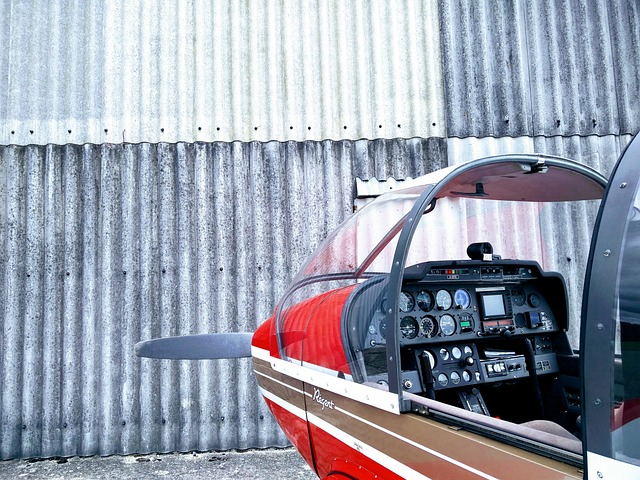
What can I expect?
A private pilot license is a certification that grants individuals the privilege to operate aircraft for non-commercial purposes. With a PPL, you have the freedom to fly small aircraft and carry passengers cross country, but not for compensation or hire.
To begin training, there are specific requirements that must be met through pilot training. Firstly, age and medical prerequisites must be satisfied. Typically, student pilots must be at least 17 years old to apply for a full PPL course.
Requirements
Additionally, you must undergo a medical examination by an authorized aviation medical examiner to ensure you meet the physical and mental fitness standards required for safe piloting. Upon passing, you receive your third-class medical certificate and are clear to learn to fly. It is valid for 24 months if over the age of 40 and 5 years if under.
After receiving your student pilot certificate upon entering pilot school, you can get started on obtaining your license. Educational requirements are also a part of the licensing process.
You will need to take private pilot courses over theoretical training in subjects such as aerodynamics, weather, navigation, regulations, and aircraft systems.
This knowledge is acquired through ground school, either through a certified school or online and culminates in a written exam. The exam evaluates your understanding of aviation principles and regulations.
Flight Nerd Air Force is a great option for ground school. Online classes are much cheaper than their in-person alternatives.

Hours
Another crucial aspect of pilot training is accumulating experience and flight time. The specific number of flight hours required may vary depending on the aviation authority or country you are seeking certification from.
Generally, you will need a minimum of 40-50 flight hours, including a combination of dual instruction (flight time with an instructor) and solo flights.
During these hours, you will learn essential skills such as takeoffs and landings, navigation, communication procedures, emergency maneuvers, and more.
Flight training is typically conducted at a flight school under the supervision and guidance of certified flight instructors.
Understanding the basic requirements for obtaining a private pilot license provides a solid foundation for aspiring pilots. By meeting these prerequisites and pursuing the necessary training, you can embark on an exciting journey toward achieving your dream of becoming a commercial pilot.
Ground school
Ground school and studying play a crucial role for most student pilots in obtaining a PPL. Ground school provides aspiring pilots with the necessary theoretical knowledge to understand the principles of aviation.
Topics covered include aerodynamics, weather patterns, navigation techniques, regulations, and aircraft systems. These subjects form the foundation of a private pilot's understanding and proficiency in the field.
To successfully navigate through ground school, it is essential to utilize recommended study materials and resources. A good flight instructor provides comprehensive study guides, textbooks, and online materials to support flight students in their learning journey.
Additionally, there are numerous online resources, video tutorials, and interactive learning platforms available to enhance understanding and retention of the material. Self-discipline and consistent study habits are key to absorbing and mastering the vast amount of knowledge presented in ground school.
Our online community is a great resource while you are putting in the ground work to get your PPL.
Written exam
A student pilot also has to undertake a written exam. This tests the licensing process, assessing the theoretical knowledge acquired during ground school.
It is important to familiarize yourself with the structure and format of the exam. The exam typically consists of multiple-choice questions, covering various topics discussed in ground school. Understanding the exam's structure allows you to allocate time effectively and answer questions.
Preparation is key to success in the written exam. Creating a study schedule and dedicating regular study sessions to review the material is essential. Practice exams and quizzes can help identify areas that require further attention.
Most people pass the first or second time taking the test, but preparing well will be key in making sure you pass.
Understanding the concepts rather than memorizing answers is vital, as it equips you with the ability to apply your knowledge to real-world scenarios. Additionally, seeking guidance from experienced instructors or participating in study groups can provide valuable insights and support.
By investing time and effort in studying for the written test, you increase your chances of successfully passing and progressing toward your goal of obtaining a private pilot certificate.
Remember to approach the exam with confidence, utilizing the knowledge and skills acquired during ground training and study sessions.
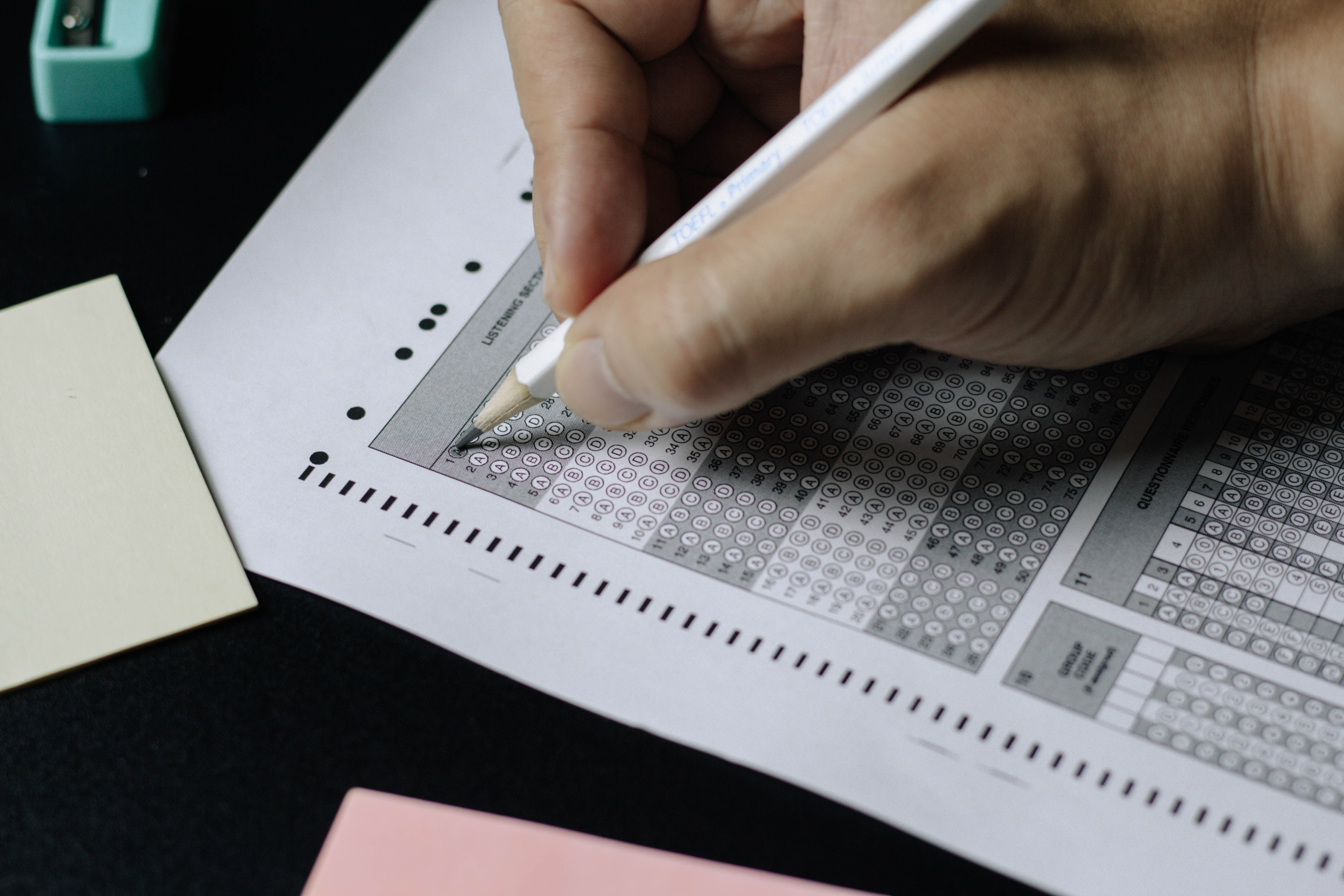
Flight Training
Flight lessons are a critical component of obtaining a private pilot license, providing hands-on experience and practical skills necessary for safe aircraft operation.
Typically, a minimum of 40-50 hours are necessary, including a combination of dual instruction (flight time with a flight instructor) and solo flights. Solo flight can be intimidating at first but are imperative to gaining confidence as a pilot.
Flight training is divided into different phases, each designed to focus on specific areas of skill development needed to become a private pilot and prepare you for the check-ride.
These phases often include introductory flights, flight maneuvers, cross-country navigation, emergency procedures, and more. As you progress through the training, you will gradually gain competence and confidence in various aspects of piloting.
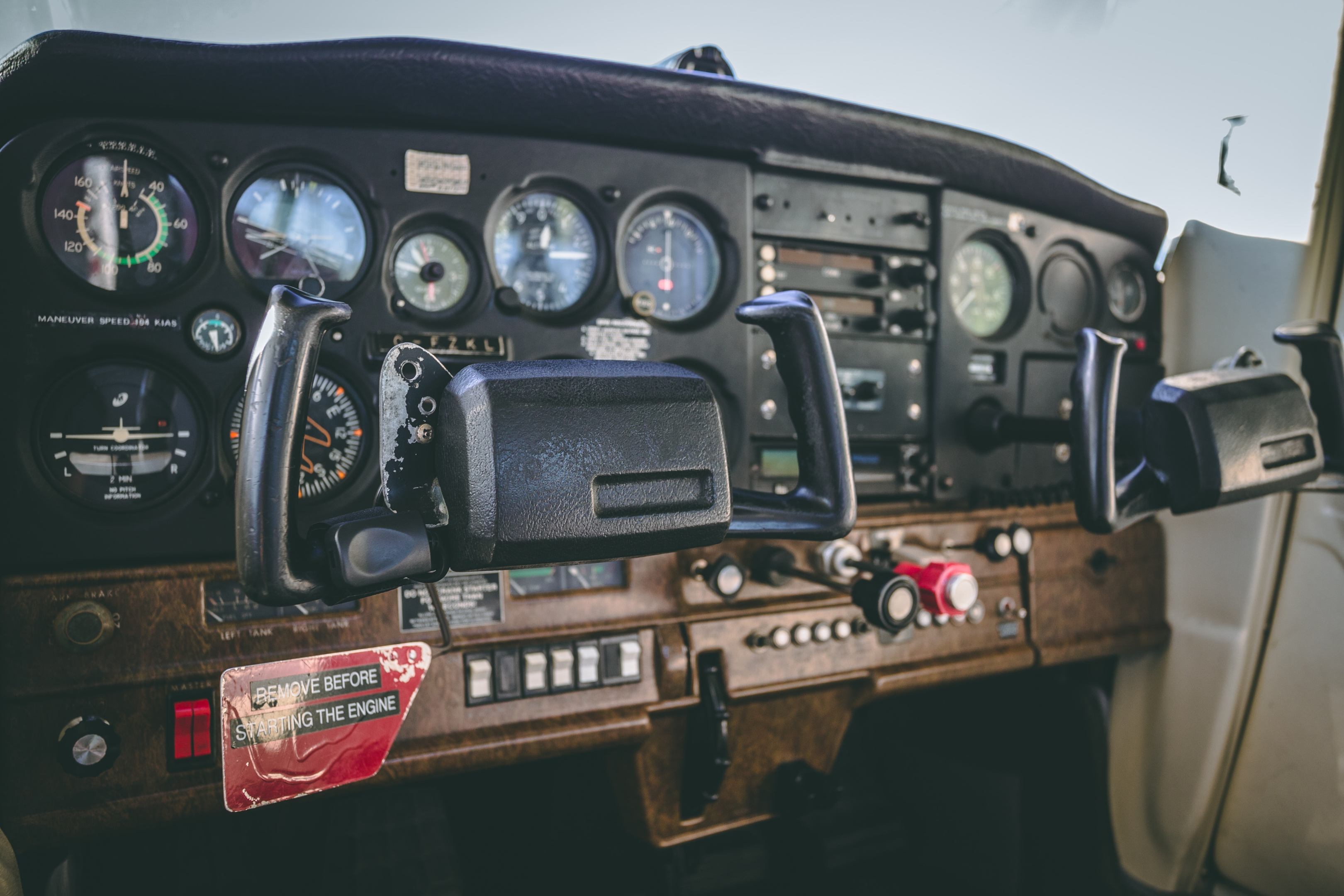
Flight school
During flight training, flying schools take you through several skills and maneuvers that you must master to become a pilot. Takeoffs and landings are fundamental flight maneuvers that require precision and coordination.
Through practice and guidance from flight instructors, you will learn how to safely execute takeoffs and landings in various conditions.
Navigation and planning are also essential skills to develop. This includes understanding aeronautical charts, interpreting weather information, and plotting routes for cross-country flights.
Learning to navigate under the supervision of a flight instructor using both visual references and radio navigation aids will equip you with the ability to plan and execute flights effectively.
Additionally, flight training covers emergency procedures. This includes simulated engine failures, emergency landings, and recovery from unusual attitudes. Acquiring the necessary skills to handle unexpected situations prepares you to react calmly and efficiently during real-life scenarios.
Flight training includes both dual and solo flights, each playing a crucial role in a pilot's progression. Dual flights allow for supervised instruction, enabling flight instructors to provide immediate feedback and guidance.
This course in flight school provides foundational skills and allows instructors to ensure safety while teaching new maneuvers and procedures.
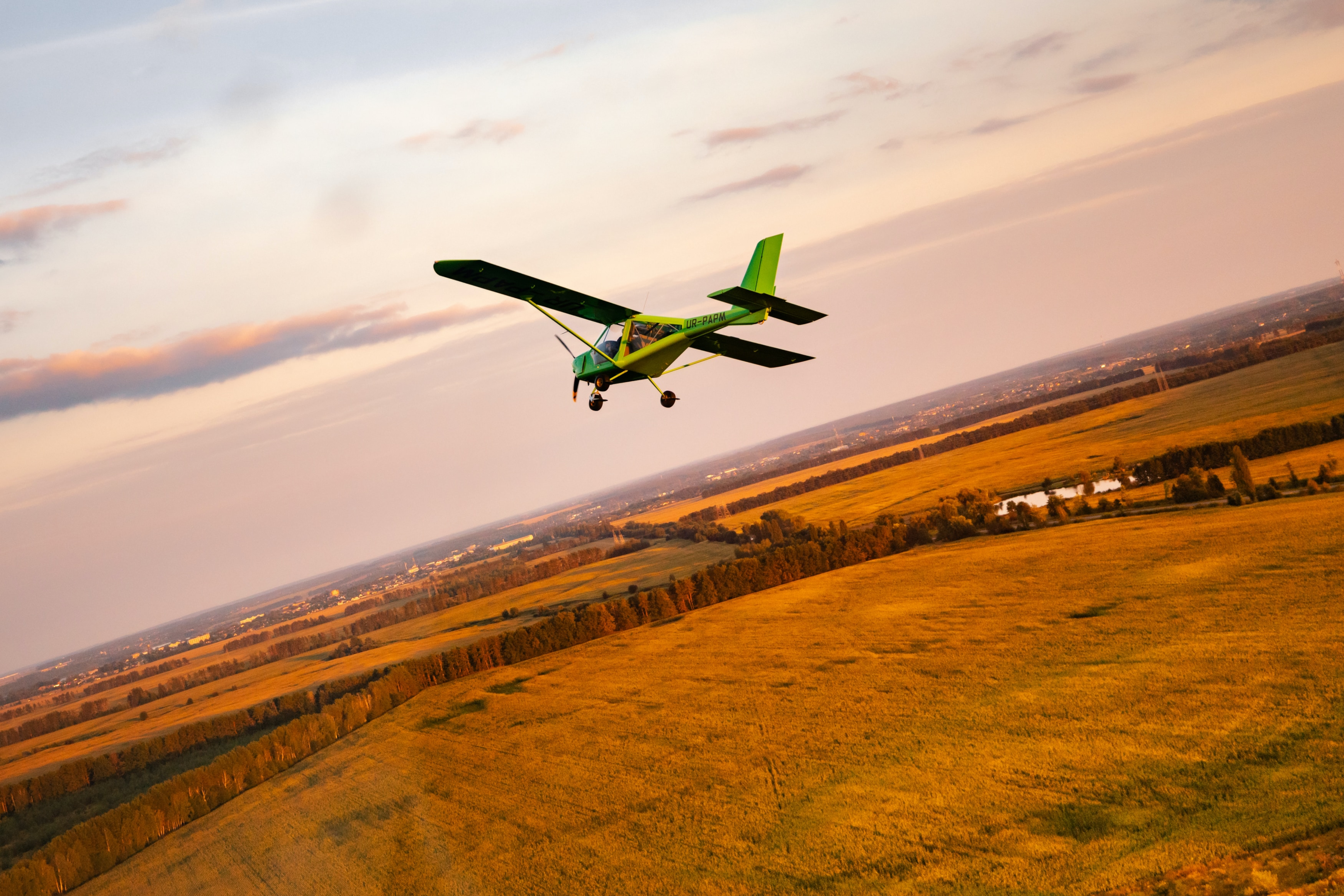
Solo and Dual flights
As you gain proficiency and confidence, solo flights become a significant milestone in your training. Solo flights provide an opportunity to apply your knowledge and skills independently.
Flying without your flight instructor allows you to reinforce your training, make decisions, and further develop your aviation judgment and decision-making abilities.
Through a combination of dual and solo flights, you will progress from basic maneuvers to more complex flight operations. Milestones such as your first solo flight, cross-country solo flights, and successful completion of practical flight assessments mark significant achievements on your path toward earning a PPL.
Practical flight training is an exciting and rewarding journey that allows you to acquire the necessary skills and experience to become a proficient pilot.
By diligently practicing and mastering the required skills and maneuvers, you will steadily progress toward achieving your goal of obtaining a private pilot certificate.
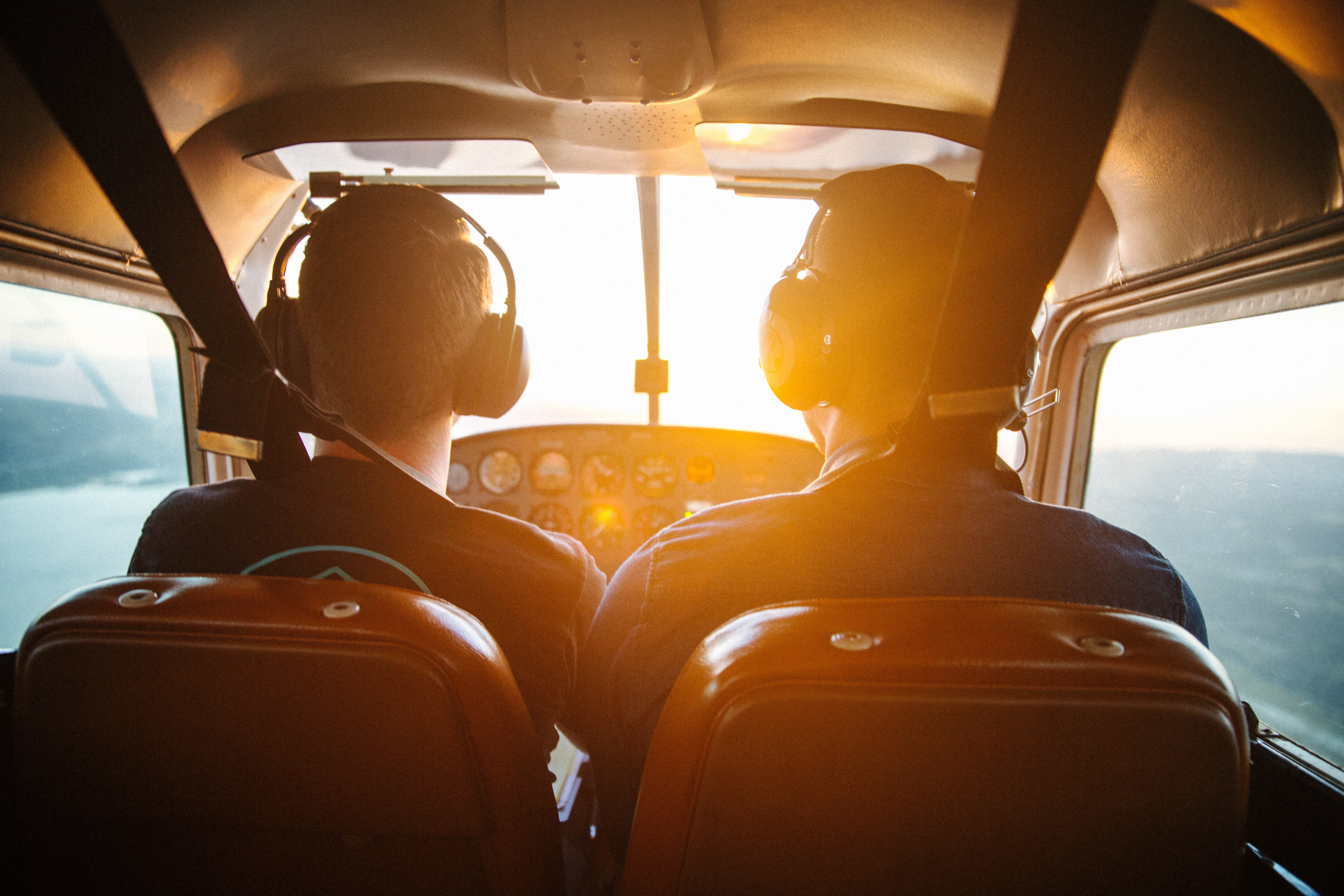
How Flight Schools Help
Most flight schools play a pivotal role in assisting the journey of learning to fly and obtaining a PPL. Highly experienced flight instructors and mentors provide invaluable guidance, knowledge, and support throughout the entire process of training.
These instructors are not only skilled pilots but are also passionate about sharing their expertise and helping others achieve their aviation goals.
They offer personalized flight instruction, address individual strengths and weaknesses, and tailor the training program to each student's needs.
Benefits
Flying schools provide a supportive learning environment that fosters growth and development. They offer a structured curriculum that covers all necessary theoretical and practical aspects of flight training.
With access to a range of study materials, textbooks, and online resources, instructors equip students with the tools they need to succeed in ground school and written exams.
Additionally, flying schools often foster a sense of community among students, creating opportunities for networking and learning from fellow aviation enthusiasts.
Flight instructors invest in state-of-the-art simulators and advanced training tools to enhance the learning experience. Simulators allow students to practice flying in various scenarios, from basic maneuvers to complex emergency procedures, in a safe and controlled environment.
These simulators provide a realistic flight experience, allowing students to develop their skills and build confidence before transitioning to actual aircraft. Flying schools may also utilize advanced training tools, such as computer-based programs and virtual reality technology, to further enhance learning and comprehension of key concepts.
By enrolling in a reputable flight school, aspiring pilots benefit from the expertise of experienced instructors, a supportive learning environment, and access to cutting-edge training tools. These resources and guidance greatly contribute to the development of well-rounded, competent pilots.
Flying schools are dedicated to ensuring their students receive the highest quality education and training, setting them on the path to success in obtaining their private pilot certificate.
You can do it
It is important to emphasize that, as was mentioned earlier, becoming a private pilot is quite attainable for those who love to fly. While the journey may have its challenges, with dedication, perseverance, and the right support, you can overcome them and achieve your aviation goals.
It is essential to remember that learning to fly is a step-by-step process, allowing you to progressively build skills, knowledge, and confidence.
By approaching each milestone with determination and an eagerness to learn, you can transform your dream of becoming a licensed pilot into a reality.
We encourage you to take the leap and pursue flight training. Whether you aspire to fly recreationally or embark on a career in the aviation industry, obtaining a private pilot license is a fulfilling achievement.
Remember, with passion, commitment, and the right guidance, you can fly to new heights and unlock a world of opportunities in the captivating realm of aviation.
Join the crew!
Unleash your aviation passion and overcome the complexities of becoming a pilot with a supportive environment. Join our welcoming online community of aviation enthusiasts and unlock a world of free resources by clicking here.
